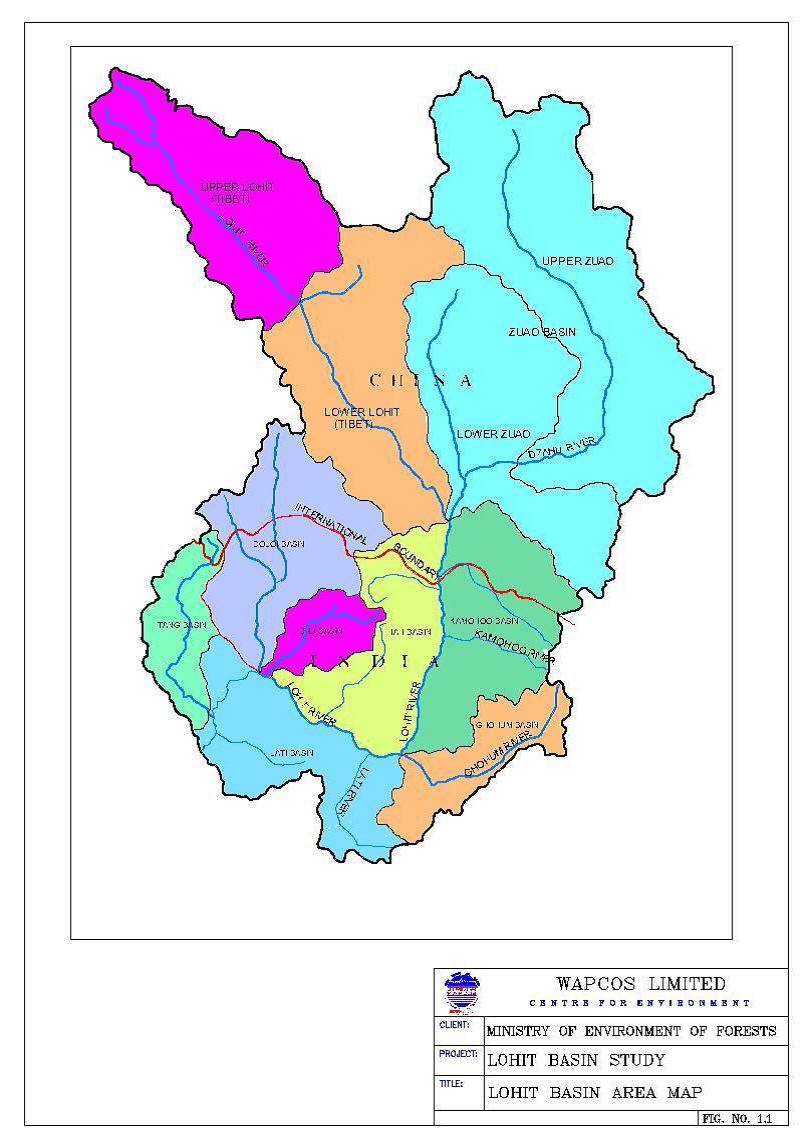Land Acquisition
Accelerating agricultural development for inclusive growth: Strategic issues and policy options
Posted on 27 Apr, 2012 01:30 PMArticle Courtesy : Vikalpa, Volume 37, No 1, January-March 2012
Author: Vijay Paul Sharma
Citizens voice alarm over recent Supreme Court judgement on interlinking of rivers
Posted on 25 Apr, 2012 10:39 AMThe Supreme Court of India has in its judgment of 27 February 2012 on the interlinking of rivers project, given categorical directions to the Executive Government to implement the ‘project’ as a whole in a time bound manner and has also asked the Centre to appoint a Special Committee to work out the modalities and oversee the implementation of the project.
Critical review of the impacts, challenges, prospects and conflict management for vitally needed inter-linking of rivers in India
Posted on 23 Apr, 2012 12:17 PMGuest post by : Er. Radhey Shyam Goel
1. Introduction
Appointment of young professionals as Prime Minister's Rural Development Fellows - Some questions
Posted on 23 Apr, 2012 11:19 AMThe critics of the PMRDFS have already started asking questions as follows:
Interlinking of rivers project: A disquieting judgement - Ramaswamy Iyer's perspective in the EPW on the recent Supreme Court decision
Posted on 20 Apr, 2012 10:52 PM
1. Introduction
Two writ petitions were filed in 2002 on the subject of interlinking. The judgement finally passed in 2012 directs the implementation of this project. This judgement is disturbing for the following reasons:
"Resources, tribes and the State" - A report on an international seminar, organized by the Arunachal Institute of Tribal Studies at Itanagar, Arunachal Pradesh, in February 2012
Posted on 11 Apr, 2012 04:10 PMGuest post by: Raju Mimi
Supreme Court order in February 27, 2012 on the interlinking of rivers project A statement and an appeal by concerned citizens to think of all the implications
Posted on 29 Mar, 2012 06:37 PMThe full statement is as follows -
We, the signatories to this statement, wish to record our utmost concern at the Hon’ble Supreme Court’s judgment of 27 February 2012 on the Inter-Linking of Rivers Project (ILR), on the following grounds:
Basin-level impact assessment study of the Lohit river - A study by WAPCOS & Ministry of Environment and Forests (2011)
Posted on 19 Mar, 2012 11:29 AM
Implementation of the interlinking of rivers project (ILRP): Bangladesh raises concerns
Posted on 12 Mar, 2012 11:50 AMAuthor : Md. Khalequzzaman, P.D.
Ignoring precaution, MoEF clears a project which has been categorically rejected by majority Standing Committee of the NBWL
Posted on 26 Feb, 2012 01:31 PMGuest Post : Parineeta Dandekar and Himanshu Thakkar





